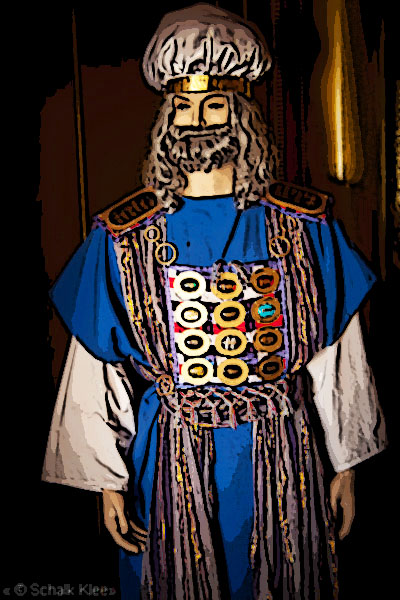-

Yom Kippurim and the sins of our fathers
When we consider the world, we may be led to mistakenly believe that we can sin with impunity. However, sin without consequence does not exist. It may appear that ungodly people prosper more than the godly. They seem to be blessed in all areas of their lives, but if you look deeper, you will often…
-

The Biblical pattern to forgive
If we want to ensure that we live within the blessings of YHVH, we need to ensure that our relationships with our brothers are in good shape. We cannot go before YHVH if we have a brother that has something against us. Does this imply we simply need to forgive all who transgress against us?…
-

Yom Kippurim…a call of repentance to the nation
It is almost the Day of Atonement, Yom Kippurim. We have written a few posts on this appointed time before, the most important being the post about what we are to do on Yom Kippurim. We are commanded to afflict our beings on this day, and if you use Scripture to interpret Scripture, clearly we…
-

Fasting on Yom Kippurim
I have seen so many articles about Yom Kippurim this past week that my head is spinning! I love these feast times, so much to learn so little time. It sometimes feels like drinking from a fire hose! To get back to the articles; many people seem to be of the opinion that it is…
-

The New High Priest on Yom Kippurim
During the annual mo’ed of Yom Kippurim (Day of Atonements), the high priest of Israel had a very special role to play. He had to take the blood of the sin offerings before YHVH to atone for his sin, his family’s sin and the sin of the nation. When Y’shua died and was resurrected, His…

